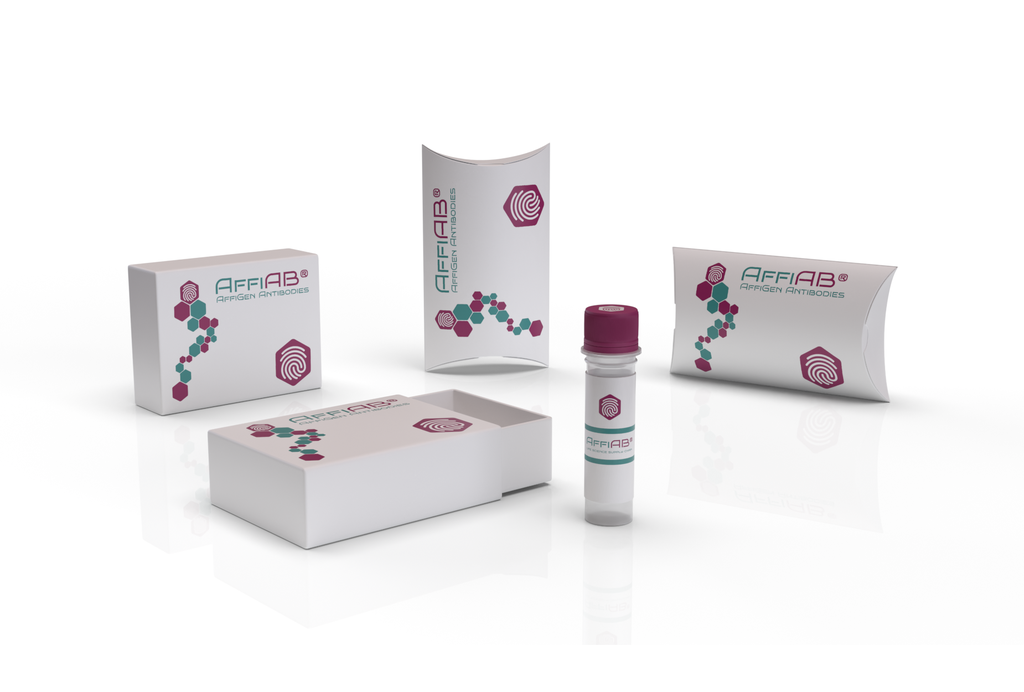AffiAB® Anti-GST3 Antibody
Glutathione S-transferases (GSTs) function in the metabolic detoxification of various environmental carcinogens and lipid hydroperoxides. In response to oxidative stress, upregulation of the GST family member GSTP1 occurs, consistent with this function. Furthermore, the GSTP1 gene is subject to CpG island hypermethylation, a state that correlates with human prostatic carcinogenesis. GSTP1 gene hypermethylation can be detected in urine, ejaculate and plasma from men with prostate cancer, potentially making GSTP1 a useful biomarker for prostate cancer screening.
Antibody type
Rabbit polyclonal Antibody
Uniprot ID
SwissProt: P09211 Human; SwissProt: P19157 Mouse; SwissProt: P04906 Rat
Recombinant
NO
Conjugation
Non-conjugated
Host
Rabbit
Isotype
IgG
Clone
N/A
KO/KD
N/A
Species reactivity
Human, Mouse, Rat
Tested applications
WB, IF-Cell, IHC-P
Predicted species reactivity
N/A
Immunogen
Recombinant protein within N-terminal human GST3.
Storage
Store at +4°C after thawing. Aliquot store at -20°C. Avoid repeated freeze / thaw cycles.
Form
Liquid
Storage buffer
1*PBS (pH7.4) , 0.2% BSA, 50% Glycerol. Preservative: 0.05% Sodium Azide.
Concentration
1 mg/mL.
Purity
Immunogen affinity purified.
Signal pathway
N/A
Recommended dilutions
WB: 1:500-1:1, 000; IF-Cell: 1:500-1:1, 000; IHC-P: 1:50-1:200
Molecular Weight
Predicted band size: 23 kDa
Subcellular location
Cytoplasm. Mitochondrion, Nucleus.
Positive control
SiHa cell lysate, Hela cell lysate, A549 cell lysate, mouse kidney tissue lysate, rat liver tissue lysate, A549, HUVEC, LOVO, human liver cancer tissue, human placenta tissue.
